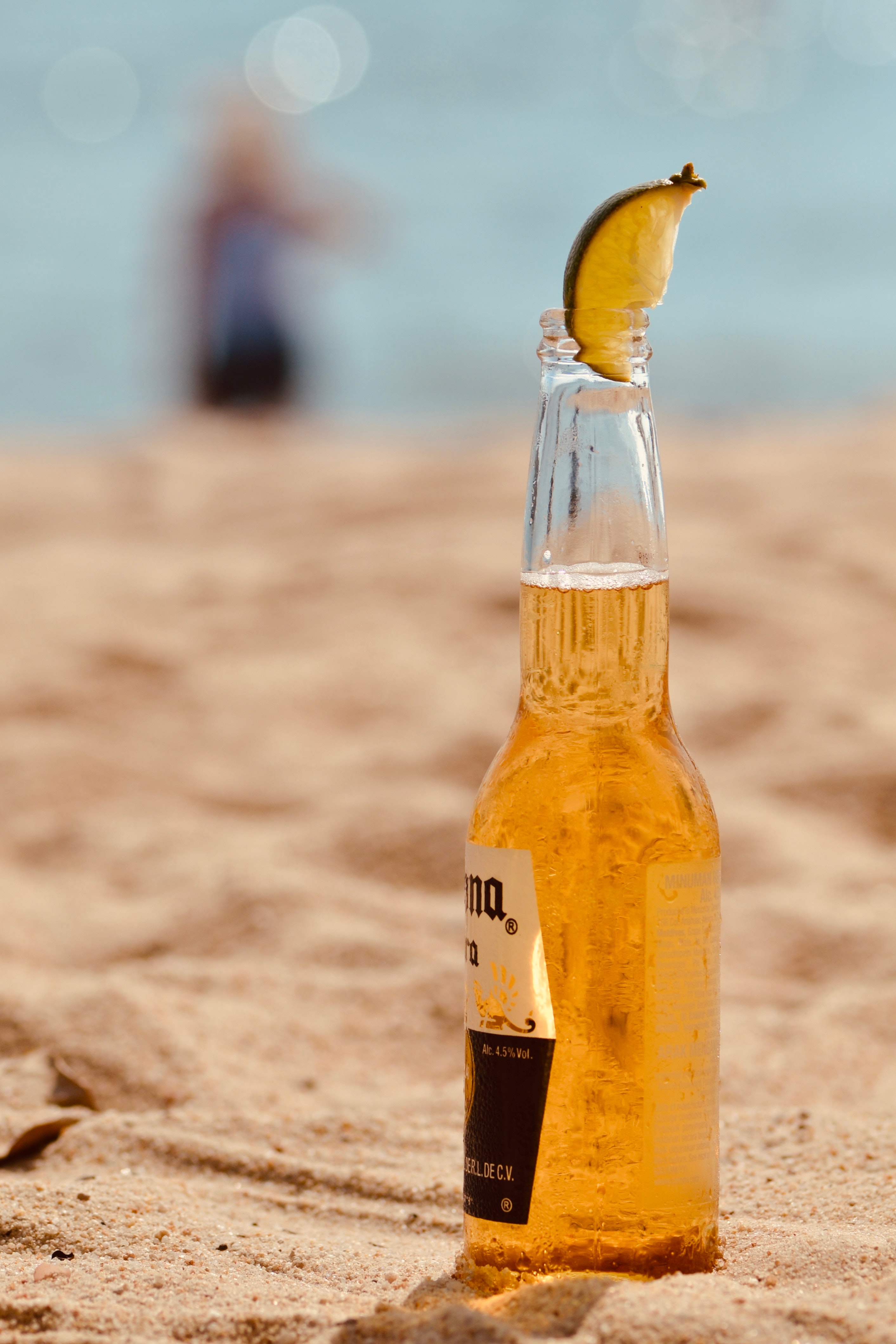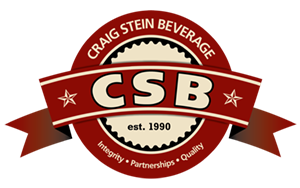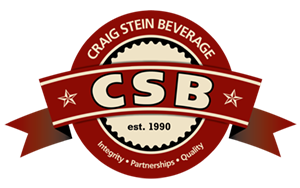How Does Beer Get Skunky?

I love a good beer advertisement. Beers at the beach. Beers at the BBQ. Beers on the ski hill. Beers on a sunny patio. It makes you want to reach into the TV and take a swig of that nice cold beer, doesn’t it? But let me tell you, if that beer has been in direct sunlight for more than a few hours, it has likely been skunked and it’s filled with undrinkable disappointment.
Beer skunks come from exposing beer to direct sunlight, NOT because of changes in temperature, although that’s damaging in other ways. When brewers add bittering hops to their brew, it releases iso-alpha acids and makes the beer bitter (as you may remember in our earlier article Hops Intro 101). The sunlight breaks down the alpha acids to produce sulfur compounds, specifically, 3-methyl-2-butene-1-thiol if you want to be nerdy about it. Our taste buds are very perceptive to the sulfur compounds so it doesn’t take a lot of sunlight to ruin the beer. The reaction also occurs very quickly: 30 seconds of exposure in clear glass bottles is more than enough time to get skunky.
There are a couple different ways that brewers can combat skunking. Packaging in cans rather than bottles prevents skunking entirely as light cannot pass through. However, the majority of people prefer bottles to cans, as shown by the study Bottled vs. Canned Beer: Do They Really Taste Different? published in Beverages journal. Because of this, bottles are still heavily marketed and sold in the industry. Different glass colors offer different effects on skunking prevention. Brown bottles offer the best protection from light, green bottles offer good protection but some light does pass through, and clear bottles offer little to no protection.
Seasoned beer drinkers might be wondering at this point, what about Miller High Life and their trademark clear bottles? Miller High Life, as well as some other beers in clear bottles, are made with (put simply) stabilized hop compounds that cannot be skunked.
Since we can’t control how a beer is packaged and handled by retailers and suppliers, here are a few things you can do to help preserve your beer:
- Buy cans, not bottles
- If you buy bottles, make sure the display isn’t directly in the sunlight
- Store it in a dark, cold place or the fridge as soon as possible
- Use a cooler with a lid if you’re drinking outside
- If you’re drinking a beer that is complemented well by lime, like Corona, stick a lime in it. The citrus will mask the taste and you won’t smell it if you drink from the bottle
Written by Jan Fogg
Purchasing Assistant


